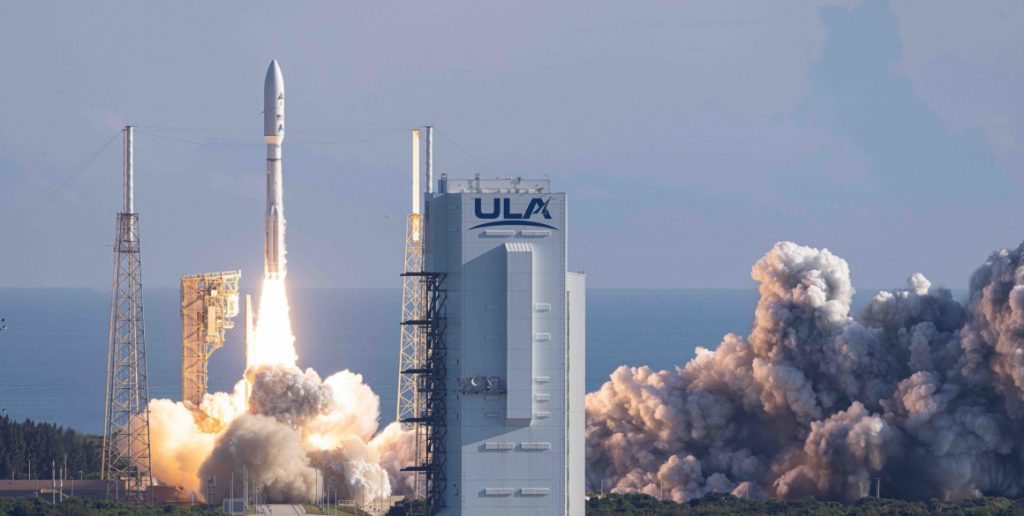Report: Record launch activity in space sector
January 31, 2024
By Chris Forrester

Space Foundation has issued its Space Report for Q4 2023 revealing that global launch activity reached new highs for the third year in a row, with 223 launch attempts and 212 successful launches. Commercial launch activity increased 50 per cent from 2022.
The US saw a 33 per cent increase in launch attempts, with China, India and Japan also logging more activity. Payload activity saw similar volume increases.
More than 2,800 satellites were deployed into orbit, 23 per cent more than in 2022. This total set a record for the most payloads ever deployed in a year; however, the percentage growth slowed slightly from 2022, where the number of satellites grew 36 per cent.
The commercial sector by far dominated in terms of payload numbers: 90 per cent, or 2,507 of the known satellites deployed, were commercial, versus 186 civil government spacecraft and 98 military satellites. SpaceX deployments drove the majority of commercial payloads, accounting for 79 per cent of deployments in that sector.
The growing commercial sector has led to a strong demand for new launch vehicles, with 14 expected to make maiden flights in 2024. Some of the new launch vehicles stem from big players including United Launch Alliance and Arianespace, but most come from small startups, including firms building the first orbital launchers for Australia and Argentina.
The Q4 Space Report also shines a spotlight on Japan’s space presence and ambitions. The nation is capitalising on new opportunities in the public and private sectors, with government budget increases and industry investment. With this funding, Japan is hoping to double the size of its domestic space market from roughly $27 billion to $54 billion by the early 2030s. However, it also risks losing its independent access to space as it faces launch vehicle failures and delays, says the report.
“Despite 2023’s records, some indicators show slight cooling of the space economy. Mergers and acquisitions for space-related firms slowed in the fourth quarter of 2023, according to analysis by Quilty Analytics. Additionally, the S-Network Space Index, which tracks a global portfolio of publicly traded companies that are active in space-related businesses, underperformed other benchmark indexes, declining 2.9 per cent in 2023. However, Q4 did bring good news for some space firms with an uptick in equity financing deals, a crucial lifeline for capital-intensive space startups,” concluded the Space Foundation.
